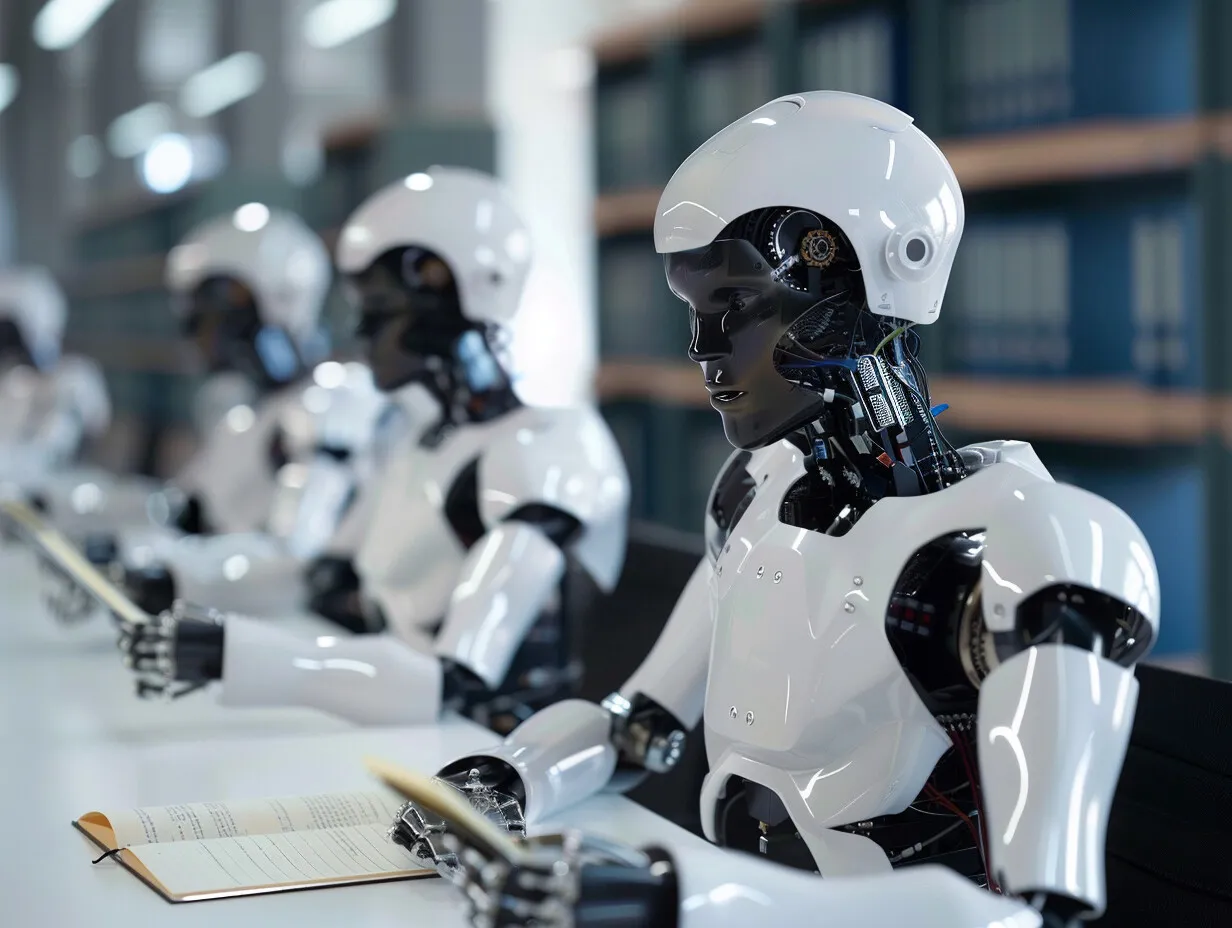In recent years, artificial intelligence (AI) has found a significant role in providing mental health support, particularly for individuals dealing with trauma and crisis situations. Research by Yang Cheng and Hua Jiang, detailed in their study titled “AI-powered Mental Health Chatbots,” sheds light on the motivations and impacts of using AI-driven chatbots, unveiling a new avenue for aiding those in need.
AI chatbots: A timely lifeline in crisis
In a society grappling with the aftermath of mass shootings and other traumatic events, seeking mental health assistance can be a challenging step. The study conducted by Cheng and Jiang surveyed 1,114 participants in the United States who utilized chatbot services from leading healthcare companies. The findings revealed that AI-powered chatbots offer an immediate and accessible platform for individuals to interact with virtual therapists, transcending the barriers associated with traditional avenues of mental health support.
The efficacy of AI-powered dialogues
The study highlights the effectiveness of AI chatbots, citing the example of “Woebot,” an automated conversational chatbot. Woebot demonstrated a significant reduction in symptoms of depression among college students, showcasing the potential of AI in providing tailored and impactful dialogues. Unlike the sometimes cumbersome process of scheduling office visits or locating suitable support groups, these chatbots enable users to engage in therapeutic conversations instantly and from any location.
Motivations and impact: Unveiling user perspectives
Cheng and Jiang’s research identifies key motivations driving individuals to turn to AI-powered chatbots for mental health support. The surveyed participants cited factors such as social presence, perceived enjoyment, browsing information, and the media appeal of online tools utilizing AI. Additionally, the study found that self-gratification and protection motivations positively influenced users’ communicative actions, underlining the broader impact of AI in fostering active engagement among those dealing with mental health challenges.
AI support: Bridging gaps in trauma care
While AI chatbots provide a valuable and easily accessible avenue for trauma care, it is crucial to acknowledge their limitations. The study emphasizes that while AI can offer non-judgmental assistance, it can never fully replace the essential elements of human contact—chemistry, connection, and rapport developed through interpersonal interactions. As the evolution of alternative therapies unfolds, the exploration of AI as supplemental assistance in times of crisis remains a pertinent focus.
The uniqueness of human touch in trauma recovery
As technological advancements continue to redefine the landscape of mental health support, it is imperative to recognize the irreplaceable role of human contact in trauma recovery. AI, while a powerful tool, lacks the nuanced understanding and empathy inherent in human interaction. The study reinforces the idea that AI should be viewed as a complementary resource rather than a substitute for the human touch essential in navigating the complexities of trauma.
Navigating the future of AI in mental health
The integration of AI in mental health support represents a significant stride in expanding the reach and efficiency of crisis interventions. As society grapples with evolving challenges, the collaboration between technology and mental health professionals becomes increasingly crucial. While AI chatbots offer a lifeline for immediate support, the collaborative efforts of human therapists and technology can create a comprehensive and nuanced approach to mental health care.




